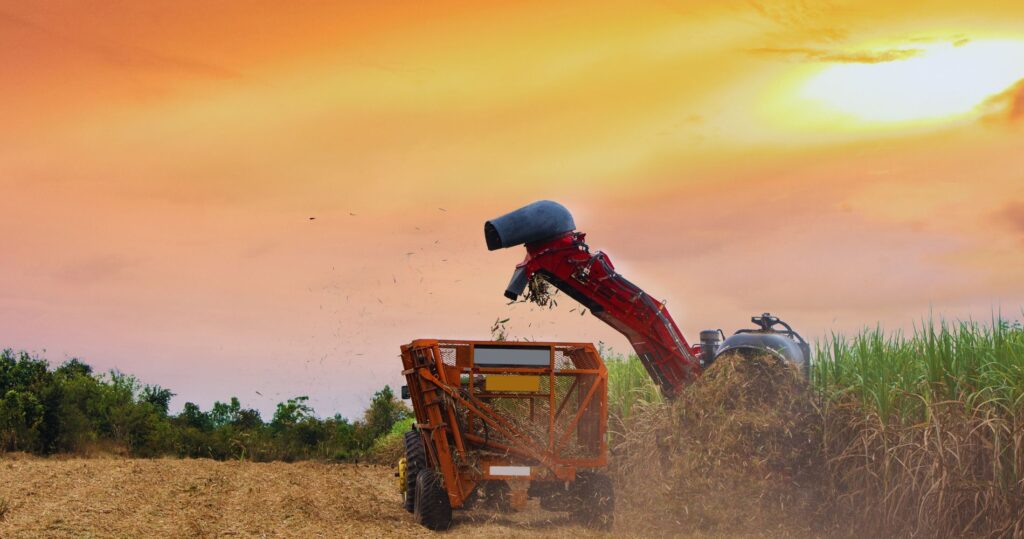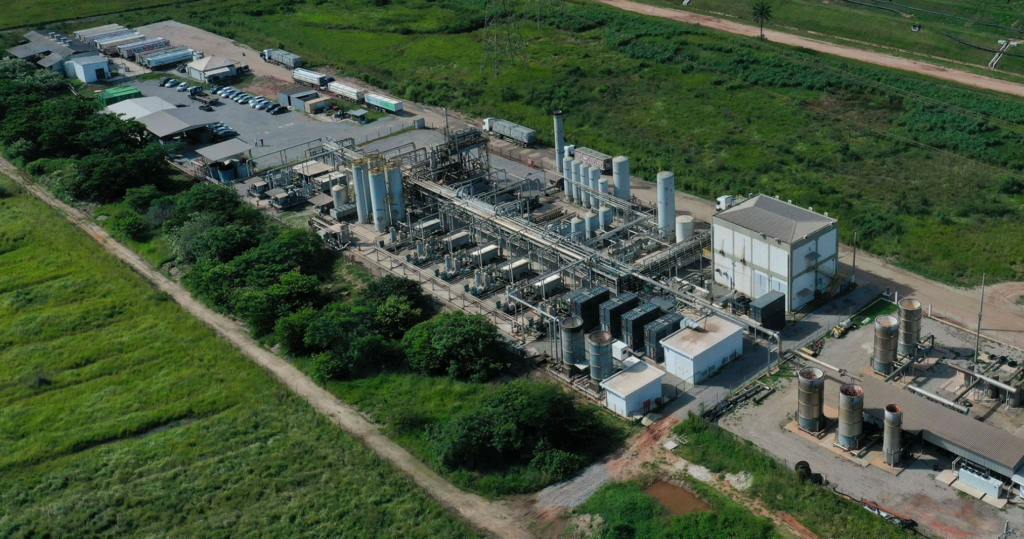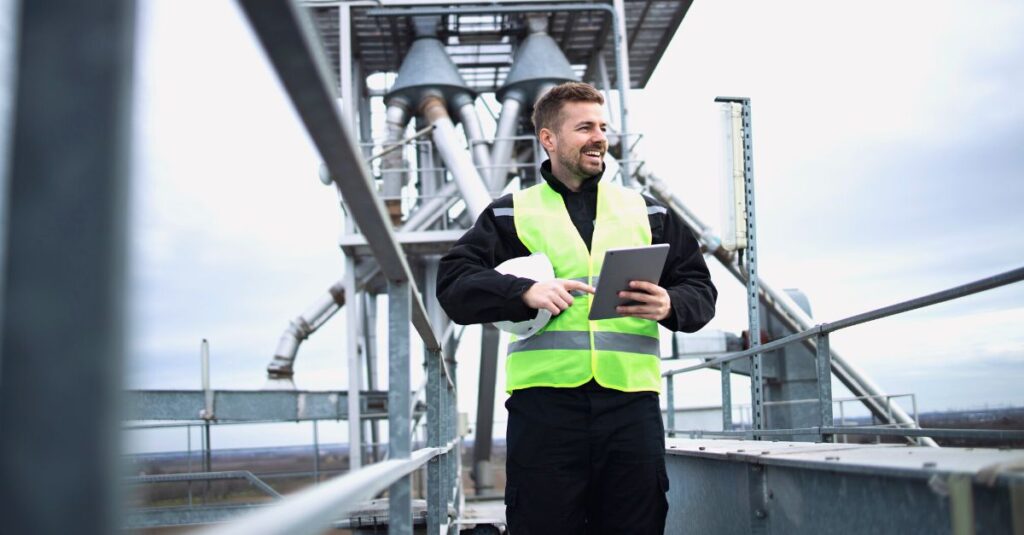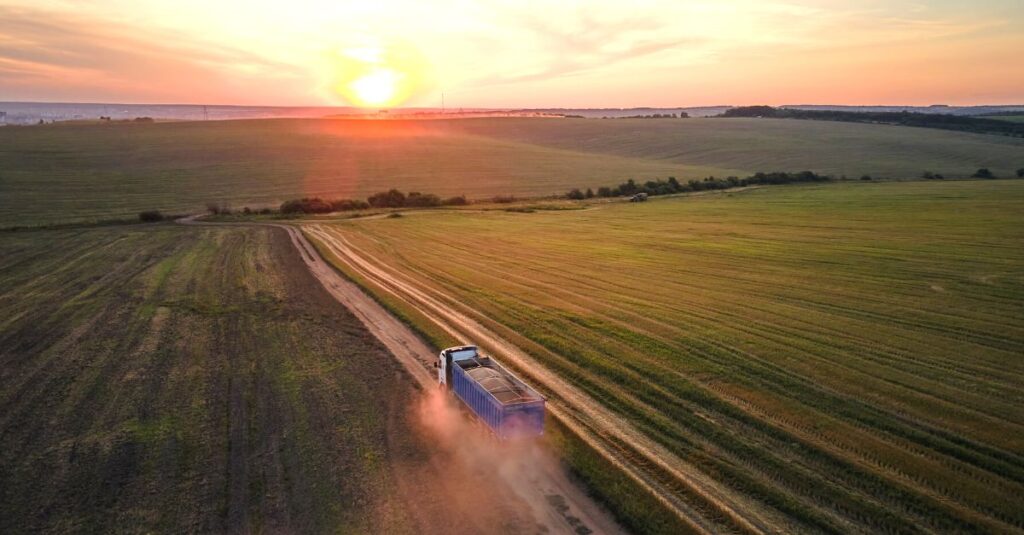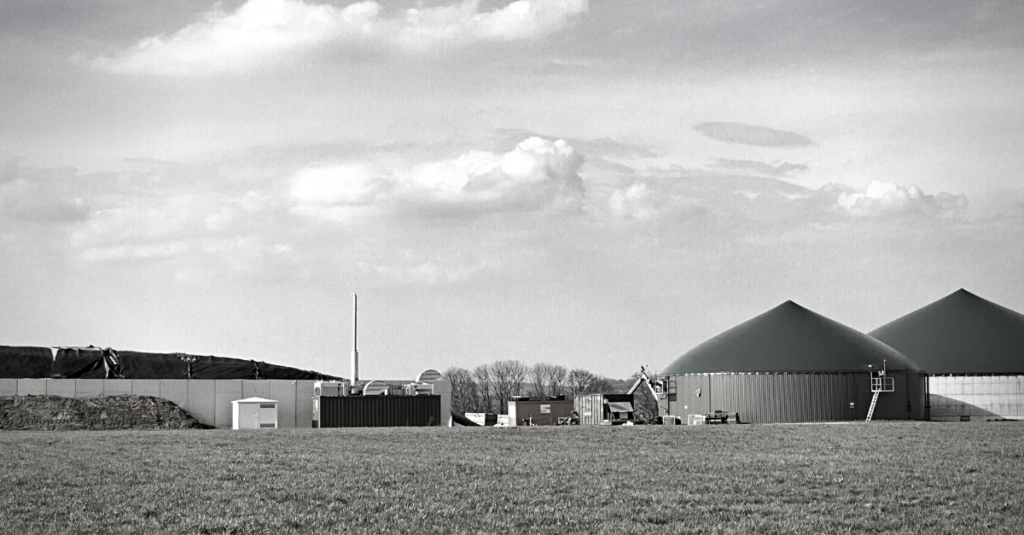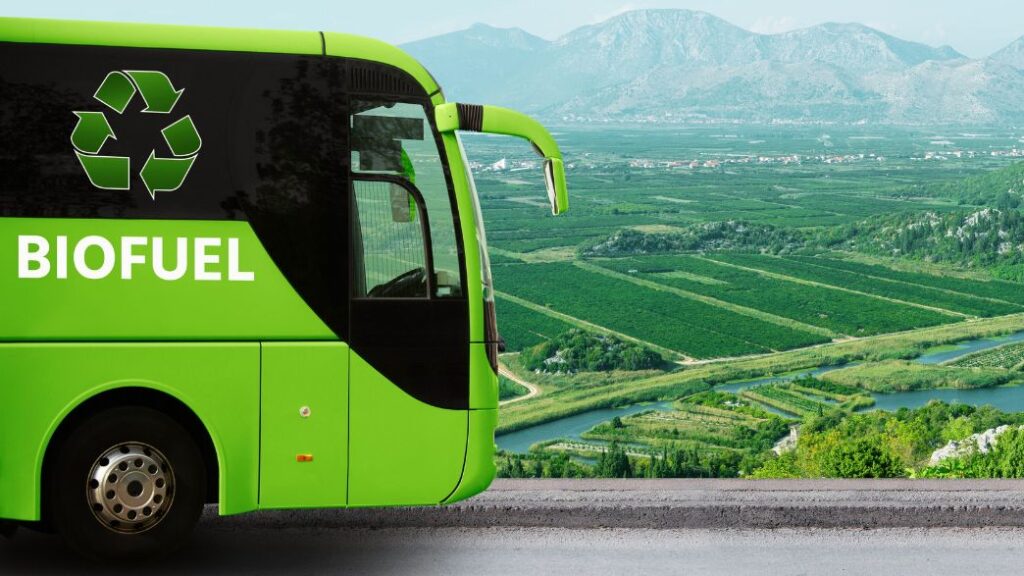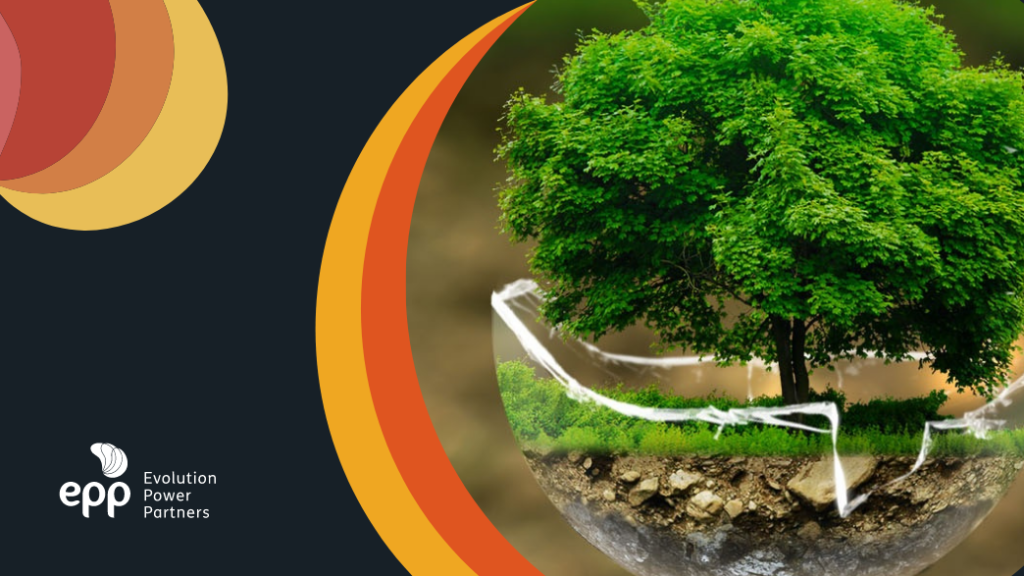RenovaBio, an ambitious Brazilian government program aimed at promoting biofuels, celebrates four years of existence facing divided opinions. On the one hand, fuel distributors request adjustments, arguing insufficiencies in the program. On the other hand, the Brazilian Biogas Association (ABiogás) praises the success of RenovaBio, highlighting its positive impacts on the environmental sector and the economy.
The transition to renewable energy sources is critical to combating climate change. In Brazil, biomethane is emerging as a green alternative to fossil fuels. Learn about the biogas industry, the growth potential and the benefits of biomethane as a vehicle fuel.
What can be expected from the biogas market in 2023? The biogas sector is one of the most promising in the world energy sector and plays a key role in the economy of many countries. According to the International Energy Agency, biogas generation grew by around 20% between 2004 and 2017, and the trend is expected to continue in the coming years.
As there is no exclusive regulation for biogas and biomethane, historically, the Brazilian regulations that govern these markets have more connection with other fuels, such as ethanol and biodiesel than with natural gas. This occurred because the laws that dealt with gas dealt only with natural gas of fossil origin, excluding other sources.
Biomethane production in Brazil has grown and gas is cited as a source for decarbonization in the transport sector. According to the survey carried out by Abiogás, there are 25 biomethane plants expected to start operating by 2027 with projects in which investment exceeds R$ 1 billion. With this, it is expected to reach 2.3 million m/³ day of produced volume.
- 1
- 2
